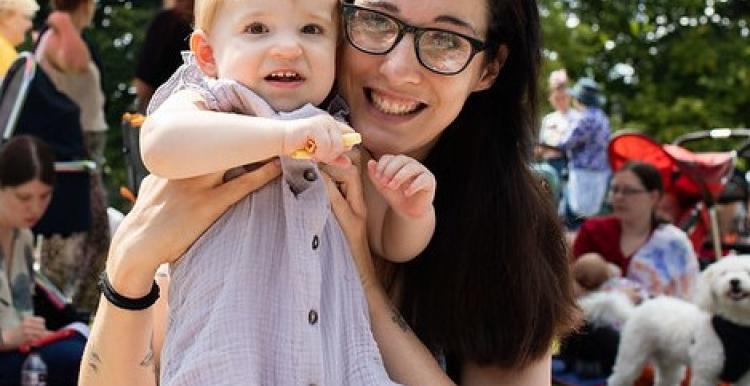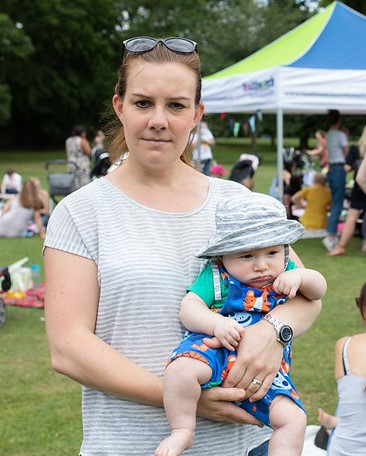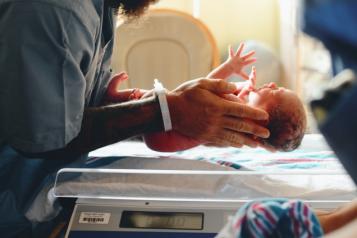Mental health & wellbeing before, during and after your pregnancy

There are a whole team of NHS mental health professionals who you might come into contact with. We've put together some essential information to explain who does what. Knowing who these people are may help you feel more comfortable during your care.
What is the specialist perinatal mental health service?
This is a service for people who need extra support with their mental health, before, during and after pregnancy. The service will:
- Help you stay as mentally well as possible during pregnancy and after your baby is born.
- Make sure that you, your family and other health and social care professionals can recognise if you become unwell.
- Give the best possible care, treatment, help and support to you and your family.
- Provide holistic care to the mother and baby.
- Help you to enjoy having your baby, and to develop confidence as a new parent.

Who could I meet in a specialist perinatal mental health team?
Psychiatrist
A doctor who is specialised in treating mental health conditions and looks after
your care. Discusses your diagnosis with you and tells you what treatments are available. Helps you to decide about using medication in pregnancy and if you are breastfeeding.
Psychologist
A Psychologist can offer talking therapies. These focus on your mental health, pregnancy, parenthood, and your relationship with your baby. They can help you find ways to manage your mental health condition.They may refer you to other services for longer term psychological therapy if you need them.
Specialist perinatal mental health nurse
Specialises in looking after mothers with mental health conditions during pregnancy and after the birth of your baby. Helps you have a better understanding of your mental illness and to learn how to manage it. Supports you to cope. Helps you to develop your relationship with your baby.


